| Britain's Day, 1918 |
|---|
| World History ↣ World War I in Global History ↣ World War I in Global History Maps & Pictures |
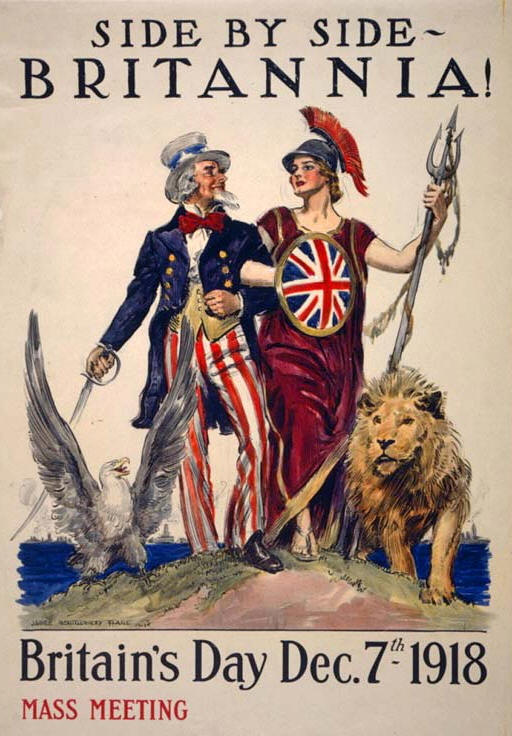 What was Britain's Day? The following article is from The Queenslander newspaper, dated December 14, 1918.
What was Britain's Day? The following article is from The Queenslander newspaper, dated December 14, 1918."Britain's Day" in America. WASHINGTON, December 7. "Britain's Day" throughout the United States was marked by demonstrations in New York and Washington. Both cities were smothered in flags, while fetes, dinners, and open-air concerts were held, as in many cities. Contingents of Canadian soldiers were invited to participate in the celebrations at many border towns, and addresses eulogising Britain's effort, both on land and sea, were delivered in scores of centres. NEW YORK, December 6. Referring to the celebrations of British Bay on December 7, the Governor of New York has issued a proclamation stating the acknowledgment by the American people of the nobility with which the Anglo-Saxon standard of fair play had been upheld for four yeans by the British Empire, and says that the ideals of America and Britain are one. NEW YORK, December 7. Mr. Frank H Simmonds, commenting on the celebration of "Britain's Day," says: "When the German fleet entered the Firth of Forth, making the most stupendous surrender in history, the world recognised in some part Britain's contribution to the German defeat. Since Carthage bowed to Rome, there has been nothing to compare with the spectacle. It was the freedom of the seas vindicated, when the German fleet, still in being, struck its flag." MONTREAL, December 8. Thousands of persons gathered on the occasion of the historic celebration of "British Day," expressing good will and friendship between the nations. The speakers emphasised that a better and lasting understanding between the two peoples would result from their common suffering and trials on the fields of battle. King George's message was received with a tremendous ovation. In it his Majesty said: "I am deeply touched by America's celebration of British Day. The people of the Empire join me in thanking you and those associates with you for your efforts in promoting a celebration which we welcome as proof of the true and lasting friendship of the United States. It will be a particular satisfaction to my Navy and Army to feel that they have won the esteem of a nation which sent so many gallant men to suffer with them in the trials of the great war, and to share the glorious victory. In the name of the Empire, I thank the people of the United States. I pray that the coming era of peace may find the two nations always united, as to-day." Many messages wishing success to the celebrations were read at the banquet held in honour of the occasion, including that from King George. President Wilson cabled: "I regret very much that my visit to Europe prevents my being present to join in praising the part Britain's sailors and soldiers played in the war for the freedom of the world." Mr. Balfour cabled: "Britain is deeply touched by the American celebration of 'British Day.' The British people will always remember this generous celebration, which is a welcome proof that the same spirit of friendship with which the Anglo-American nations fought side by side in the war will continue to unite them in the coming days of peace. The British people, strong in the knowledge of this friendship, can face with confidence all problems which the new era may have in store." The Prime Minister of France (M. (Clemenceau), in his message, stated: "In the ideal of liberty binding the United States to Britain lies the certain guarantee of a just and durable peace." Mr. H.Y. Braddon (Australian representative) was the principal speaker at a demonstration held in the Century Theatre at night. He was received with "coo-ees," and with continued cheering. He expressed Australia's appreciation of the tremendous part in the war played by the British Fleet, and said: "Australia's loyalty to Britain was never stronger than now." He added that he could not quite understand the meaning of the term "freedom of the seas," as Britain had made a free gift of the freedom of the seas to the world for a century. The future of humanity and of Christianity was in the hands of the English-speaking peoples. NEW YORK, December 9. Some 2000 cities and towns in the United States yesterday celebrated "Britain's Day." The schools, churches, clubs, and fraternal organisations held commemorative gatherings. Mass meetings here and elsewhere were addressed by famous visiting Britishers. New York is decorated with the Union Jack and Stars and Stripes, and the occasion was whole-heartedly celebrated. The city will continue the celebrations to-morrow. "Side by side - Britannia! Britain's Day Dec. 7th 1918" This World War I-era poster was created by James Montgomery Flagg in 1918. It was printed by the American Lithographic Company of New York. This poster shows Uncle Sam arm-in-arm with Britannia, accompanied by a lion (U.K.) and an eagle (U.S.A.). Ironically, 23 years later on December 7, 1941, Japanese forces would attack Pearl Harbor, bringing the United States into World War II. |
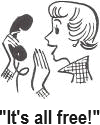 | 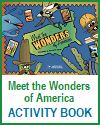 | 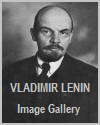 |  | 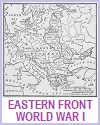 | 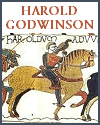 |
| World War I Books and Films | World War I Outlines and PowerPoints |
| World War I Study Games | World War I Maps and Pictures |
| World War I Miscellany | World War I Worksheets |
| World History ↣ World War I in Global History ↣ World War I in Global History Maps & Pictures |








